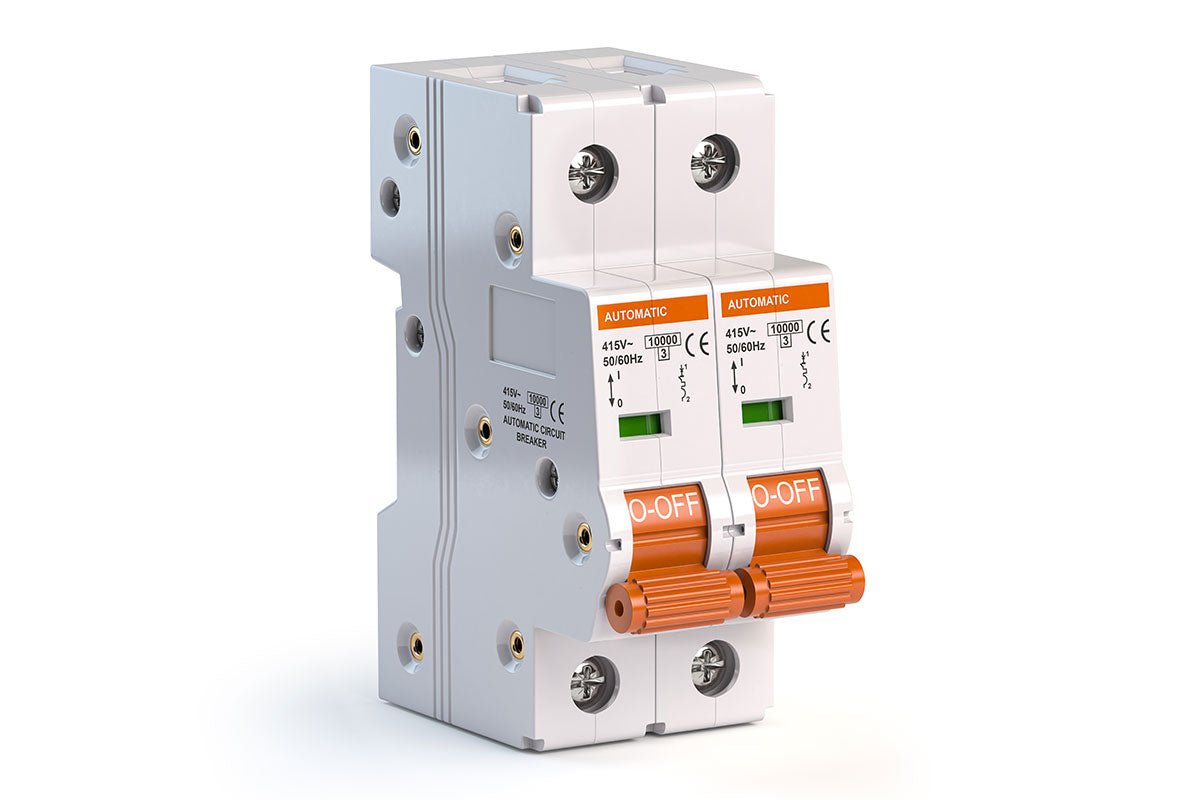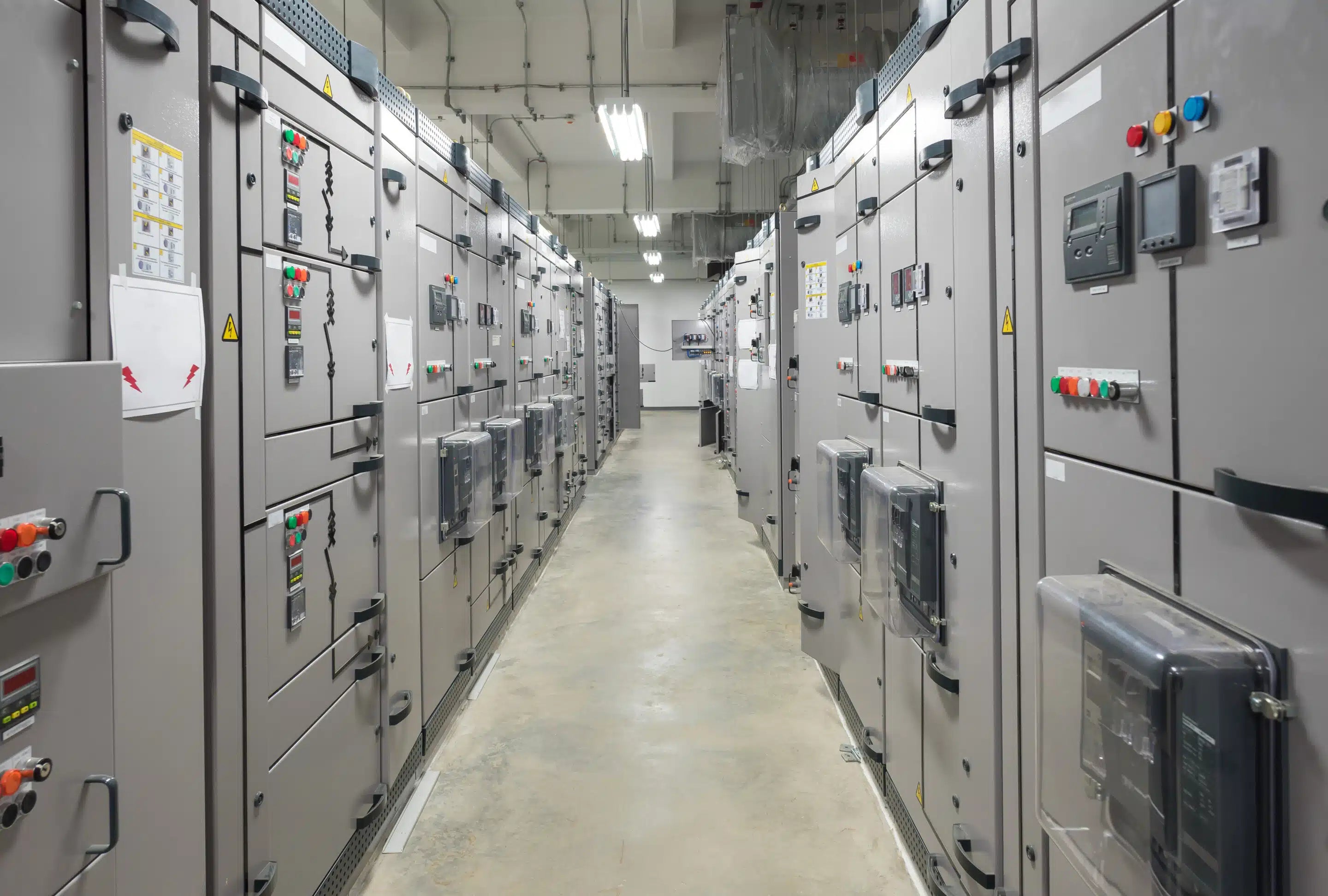When it comes to electrical safety and protection, understanding the differences between fuses and circuit breakers is crucial. These two devices play a pivotal role in safeguarding your electrical systems from overloads, short circuits, and other electrical faults. In this guide, brought to you by Sonic Electric, we'll look into the disparities between fuses and circuit breakers, helping you make informed decisions for your electrical needs.
The Basics of Fuses and Circuit Breakers
Fuses and circuit breakers both serve as protective devices within electrical circuits, but they operate on distinct principles.
Fuses are simple yet effective devices. They consist of a thin wire or metal strip that's designed to melt and break the circuit when exposed to excessive current. This interruption prevents further damage to the electrical components downstream. Fuses are often single-use devices, meaning they need to be replaced once they have served their purpose.
Circuit breakers, on the other hand, are more complex and versatile. They are reusable switching devices that automatically interrupt the electrical circuit when they detect abnormal conditions like overcurrent or short circuits. Unlike fuses, circuit breakers can be reset after tripping, making them more convenient for long-term use.
Response Time
One of the primary differences between fuses and circuit breakers lies in their response time to electrical faults.
Fuses are known for their quick response to overcurrent situations. When a surge occurs, the fuse will melt almost instantaneously, disconnecting the circuit. This rapid response helps prevent damage to sensitive equipment but requires replacing the fuse afterward. The quick reaction of fuses can be critical in protecting sensitive electronic devices and preventing fires in residential and industrial settings.
Circuit breakers, while still relatively quick, might have a slightly delayed response compared to fuses. However, this delay can be beneficial in certain situations. During the startup of electrical devices, temporary overloads can occur, which may not necessarily warrant a circuit interruption. Circuit breakers can be manually adjusted to have different tripping sensitivities, allowing for some tolerance to short-lived overcurrent conditions.
Resetability and Cost
The ability to reset and the cost of these devices are crucial factors to consider when choosing between fuses and circuit breakers.
As mentioned earlier, fuses are single-use components. Once a fuse has blown and interrupted the circuit, it must be replaced with a new one to restore power. While fuses themselves are typically inexpensive, the long-term cost can add up due to the need for frequent replacements. This replacement process can be inconvenient, especially if the fuse blows at an inconvenient time.
Circuit breakers, on the other hand, offer the advantage of resetability. After tripping, you can simply reset the circuit breaker to restore power, eliminating the need for constant replacements. While circuit breakers tend to have a higher initial cost compared to fuses, they can save you money in the long run by reducing the ongoing expenses associated with replacements. This resetability also provides added convenience, as you don't have to keep spare parts on hand or call an electrician every time there's an electrical fault.
Overcurrent Protection
Both fuses and circuit breakers are designed to protect against overcurrent situations, but they do so in slightly different ways.
Fuses are more sensitive to overcurrents and can react quickly to prevent damage. When the current exceeds the fuse's rating, it melts and breaks the circuit. This sensitivity ensures that the circuit is disconnected promptly, minimizing the risk of overheating and fires. However, their sensitivity can also lead to frequent tripping, especially in systems with varying electrical loads. This can be a drawback if the electrical system experiences temporary surges during normal operation.
Circuit breakers provide adjustable protection levels. This means you can set the circuit breaker's trip point to match the specific requirements of your electrical system. It allows for a more tailored approach to overcurrent protection, reducing the chances of unnecessary interruptions. The ability to adjust the trip point can be particularly beneficial in industrial settings where equipment may have varying power requirements. It allows for better customization to ensure that the circuit breaker protects against overcurrent conditions without causing unnecessary downtime.
Space and Maintenance
Consideration of space and maintenance requirements is essential, especially in industrial and commercial settings.
Fuses tend to be compact and require minimal space within electrical panels and cabinets. This compact size is advantageous in applications where space is limited. However, as they need replacement after each tripping event, regular maintenance checks are necessary to ensure they are in working order. Maintenance involves visually inspecting the fuse and replacing it if it has blown. This routine upkeep is crucial to maintaining the integrity of the electrical system.
Circuit breakers, on the other hand, may take up more space due to their larger size, especially in higher-rated applications. However, their resettable nature reduces the need for frequent maintenance. While periodic inspections are still recommended to ensure proper functioning, the need for manual replacement is eliminated. This makes circuit breakers a more convenient choice for systems where space is not a limiting factor or in situations where reducing maintenance downtime is critical.
Whether you choose fuses or circuit breakers depends on the specific needs of your electrical system. Sonic Electric recommends evaluating factors such as response time, resetability, cost, overcurrent protection, and space constraints to make an informed decision. Both devices have their advantages and drawbacks, and the choice ultimately comes down to the unique requirements of your application.
It's essential to prioritize safety when dealing with electrical systems. Consulting with a qualified electrician is highly advisable to ensure the best protection for your equipment and personnel. Ultimately, understanding the differences between fuses and circuit breakers and their suitability for your specific application will help you make a well-informed choice that promotes both safety and efficiency in your electrical system. In the end, the choice between fuses and circuit breakers should align with your electrical system's unique demands, striking a balance between safety, convenience, and cost-effectiveness.






Share:
Spotlight Vs. Flood Light: Which Is Better For Your Needs?
Why Your LED Strip Lights Aren't Working: A Troubleshooting Guide